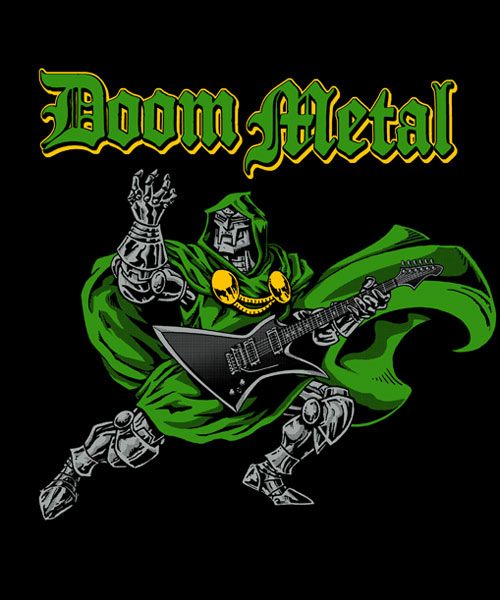Could the haunting melodies and crushing riffs of certain musical genres unlock a path to healing for those scarred by the insidious trauma of grooming? The question isn't about finding a cure in a song, but rather exploring whether music can be a supportive companion on the long and arduous journey of recovery. A balanced perspective on how specific genres, such as doom metal, can interact with this complex process is essential.
Whether specific musical genres can provide a positive effect on individuals who have been subjected to grooming is a multi layered question and one that does not lend itself to simple answers. The way in which music impacts emotional processing is, by its very nature, reliant on personal experience and individual preference. Some genres may offer a channel for emotional release, or present an aesthetic resonance that aids in processing past trauma, yet there is no definitive, universal effect. The suitability of any genre is inextricably linked to an individual's unique needs and their coping mechanisms. Potential benefits, and potential harms, must be carefully weighed within the broad context of trauma recovery.
Investigating the possible therapeutic applications of music in trauma recovery is a subject of ongoing study and debate within psychology and associated fields. Certain genres, particularly those characterized by slow tempos, repetitive rhythms, and potent emotional themes, may offer a sense of grounding and solace for some individuals. Nonetheless, the effect varies substantially, and factors such as personal history, cultural influences, and pre-existing mental health conditions can alter how someone responds to a particular genre. Moreover, listening to music should not be viewed as a replacement for professional therapeutic intervention. Understanding the role of music as a supportive tool within a wider healing process is critical.
- Unveiling Jonathan Roumie Family Life Faith Impact Explored
- Discovering Good Morning Memes For Him Relationship Impact More
| Information Related to Music Therapy in Trauma Recovery | |
|---|---|
| Area of Focus | Details |
| Definition | Music therapy is an evidence-based clinical use of music interventions to accomplish individualized goals within a therapeutic relationship by a credentialed professional. |
| Techniques | Includes improvising, receptive music listening, song writing, lyric discussion, music and imagery, music performance, learning through music, and experiences with music and movement. |
| Potential Benefits | Emotional expression, stress reduction, enhanced self-awareness, improved communication, and processing traumatic experiences. |
| Key Considerations | Individual needs, cultural background, musical preferences, potential triggers, and integration with other therapeutic modalities. |
| Role of a Therapist | Assessing needs, designing interventions, monitoring progress, providing emotional support, and ensuring safety. |
| Efficacy | Research suggests positive effects on anxiety, depression, PTSD symptoms, and overall well-being when used within a comprehensive treatment plan. |
| Limitations | Not a standalone solution, potential for triggering memories, requires active participation, and effectiveness varies. |
| Resource Link | American Music Therapy Association (AMTA) |
- Why This Collab Matters Collaborative Edm Track Significance Now
- Is It True Evy Norlund Today James Darren Wife Update


